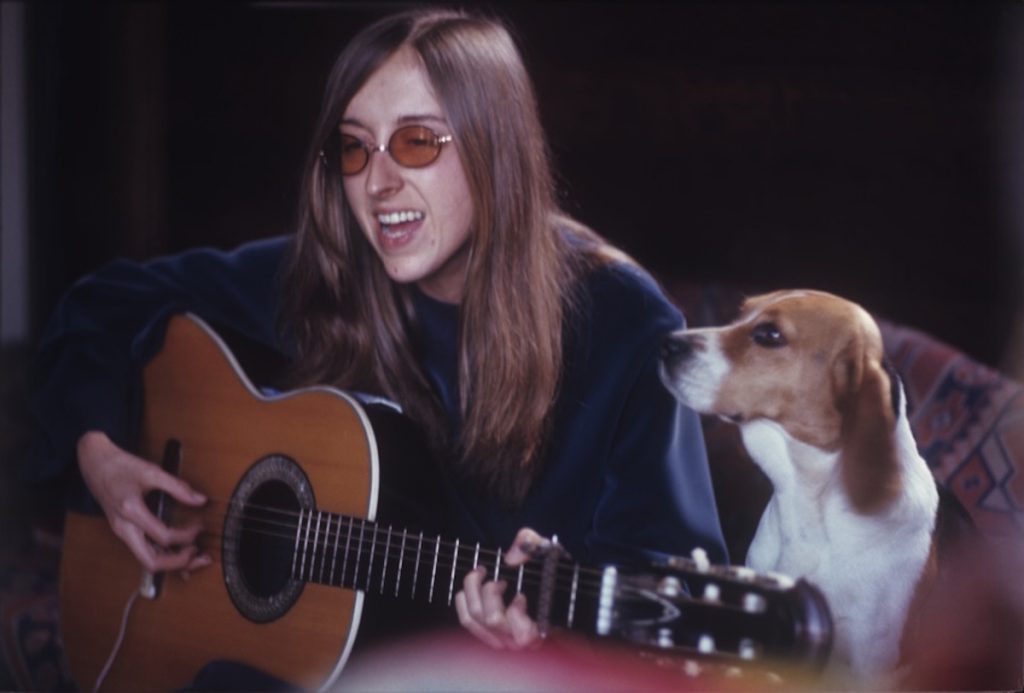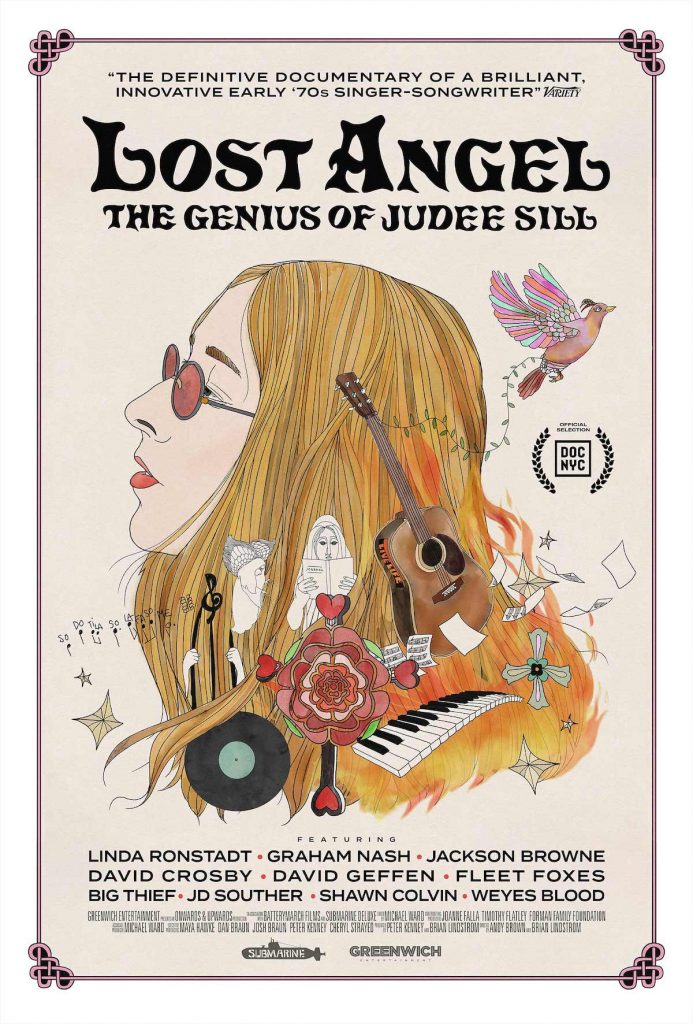Culture
‘Lost Angel’ gives insight into the life and music of Judee Sill with words from Adrienne Lenker, Graham Nash, Linda Ronstadt
By: Emily Votaw
Posted on:
ATHENS, Ohio (WOUB) – When NME interviewed Judee Sill for their April 1972 issue, the rising West Coast singer-songwriter said her primary musical influences were: “[…] Pythagoras, Bach and Ray Charles – in that order.”
This was at a time when Don McLean’s American Pie was burning up the U.S. charts. So, in retrospect, it’s no surprise very few seemed to “get” Sill or her music, which she called “country cult baroque.”
The few who did “get it” included The Turtles (who hired her as a songwriter and scored a minor hit with her song Lady-O); Graham Nash (who produced her first single, Jesus Was a Crossmaker); and, perhaps most importantly, David Geffen, who signed Sill as the first artist to his fledgling Asylum label.
Sill never “found” commercial success.
However, as we learn in Andy Brown and Brian Lindstrom’s documentary Lost Angel: the Genius of Judee Sill, she wasn’t ever really looking to score Billboard chart topping hits.
She was after a kind of greatness that’s harder to articulate and even more difficult to quantify. By the end of Lost Angel, it seems she’s finally achieved it, even if it comes four decades after her premature, lonely death in obscurity.

For the most part, it still is, you’ll be happy to hear. But, thanks to Lost Angel, her fans have, for the first time, a clear picture of her life story.
And boy, it’s wilder than we could have imagined!
It’s like a Biblical parable, only it’s the West Coast in the ’70s and everyone is a hippie “on the make.”
On one hand, Sill is our troubled profit. An artist whose soul-saving message fell on deaf ears during her lifetime. On the other, Sill is your archetypal drug addict criminal. She robbed convenience stores and gas stations. She did time for sex work, narcotics, forgery, and fraud.
Lost Angel pulls much of this detail straight from Sill’s journals. What’s more remarkable is how it uses actual audio of her voice to recount it.
Her hippie-dippy way of speaking could be a big turn off for the more jaded among us. For the rest of us, it just sounds like someone eloquently straddling the unique difficulties of the human condition some 50-or-so years ago.
That’s not the only thing about Sill liable to make “the meanies” in a contemporary audience cringe.
As it turns out, she was dead serious about the religious and spiritual language in her songs.
It’s not a “bit.”
Like Daniel Johnston, or Jonathan Richman, or maybe even like William Blake – Sill is earnest. And nothing about that is “cool.”
But, as a wise meme once advised: “don’t kill the cringe part of you, kill the part that cringes.”
For those unmoved by Sill’s music, Lost Angel might feel like “just another” music documentary.
For those of us who are (as Sill described herself) “lost souls” – cringe – it’s a long awaited portrait of an artist finally getting her due.
Lost Angel: the Genius of Judee Sill is released Friday to major streaming platforms (Apple, Vudu, Amazon) and select theaters.


